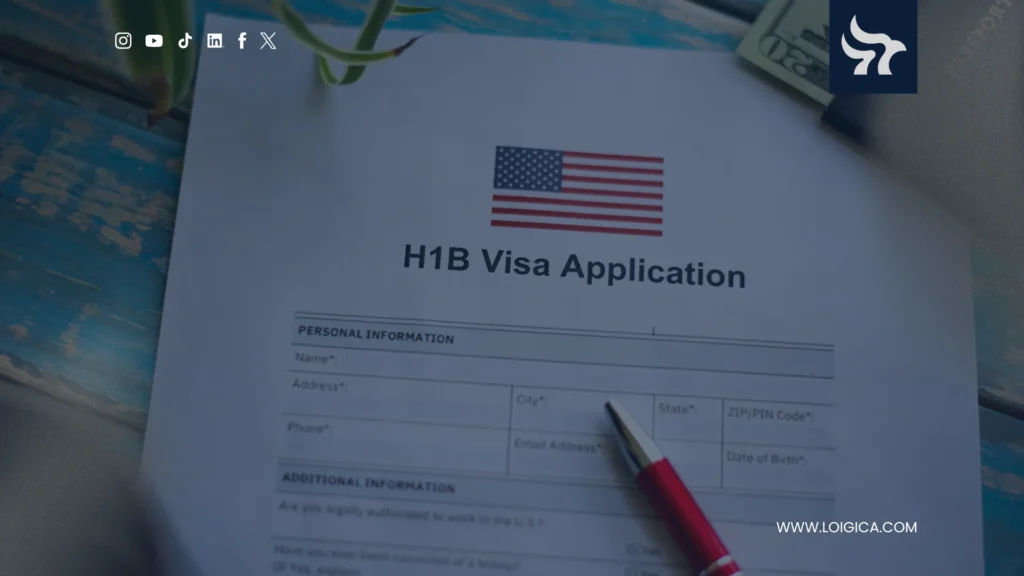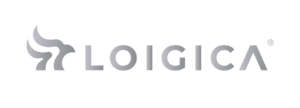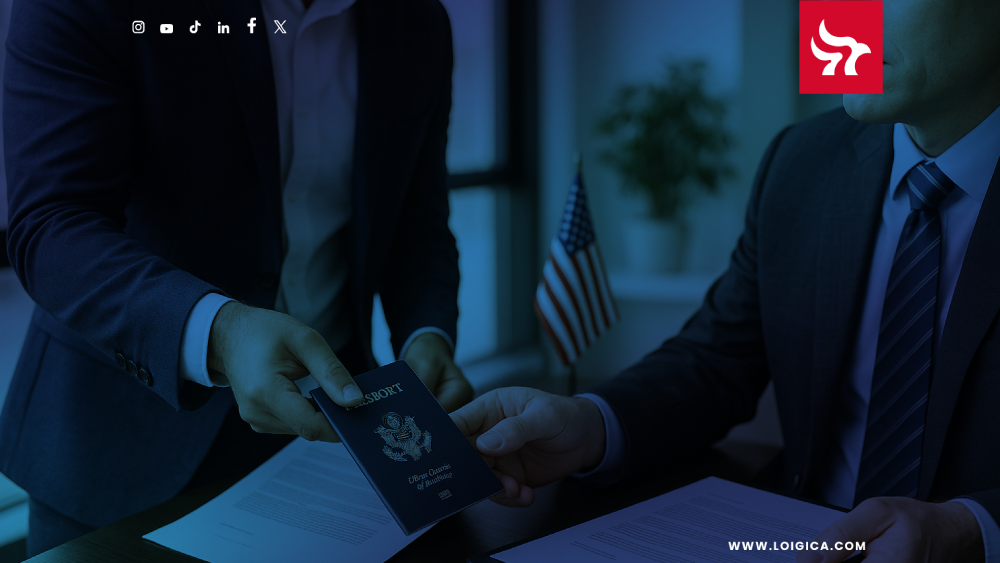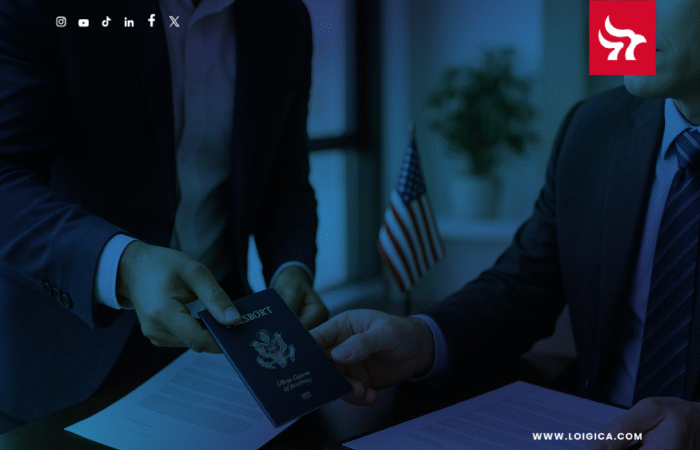In today’s global economy, companies expanding into the United States often face the challenge of bringing along the talent that has been essential to their success. The L1 visa has become the main tool to transfer executives, managers, or employees with specialized knowledge to a U.S. subsidiary or affiliate. Understanding how this process works is key to building a strong immigration and business strategy.
The L1 visa is designed for companies with operations outside the U.S. that want to move one or more of their key employees to an existing U.S. office or establish a new one. This benefit allows the company to leverage its human capital in an international setting, while the employee gains a legal pathway to live and perform their duties in the U.S.
There are two main categories. L1A visas are for executives and managers and can open the door to permanent residency through the EB1C category. L1B visas are for employees with specialized knowledge, meaning skills, techniques, or unique information within the company. According to data from the U.S. Department of State, more than 72,000 L1 visas were issued worldwide in 2023 — proof of how relevant this program is for global business.
To qualify, companies must prove a qualifying relationship between the foreign entity and the U.S. office (parent, subsidiary, or affiliate). The employee must have worked for the foreign company for at least one continuous year during the last three years. Once approved, the visa is valid for up to one year when opening a new office or up to three years if the U.S. office already exists, with possible extensions up to a maximum of seven years for L1A and five years for L1B.
Beyond legal requirements, the L1 visa is also a strategic opportunity. It allows companies to grow with trusted leaders and employees to advance their careers in the most competitive market in the world. Much like the corporate dramas we see in shows like Suits, where international strategy depends on key partners, companies using the L1 bring their top talent to strengthen U.S. operations.
In conclusion, the L1 is not only an immigration tool but also a driver of business expansion. To make the most of it, companies need expert legal guidance to ensure compliance and build a solid case. At LOIGICA®, we support both businesses and employees in this process, making sure that transferring talent becomes the first step toward a strong presence in the United States.
Ready to move forward? Schedule your consultation with a LOIGICA attorney and get a personalized evaluation of your immigration case.
📩 marketing@loigica.com | 🌐 www.loigica.com
This blog was written with asistance of generative AI. It is provided for informational purposes only. It does not constitute legal advice. The information presented here is based on general principles of U. S. immigration laws, as well as general information available for public search on public matters, as of the date of publication. Immigration laws and regulations are subject to change and individual circumstances may vary. If you need expert counceling on immigration matters, contact one of our attorneys.

Asset Protection vs. Estate Planning: Which Do You Need First?

LLC Operating Agreement: Musts Before You Start Doing Business



